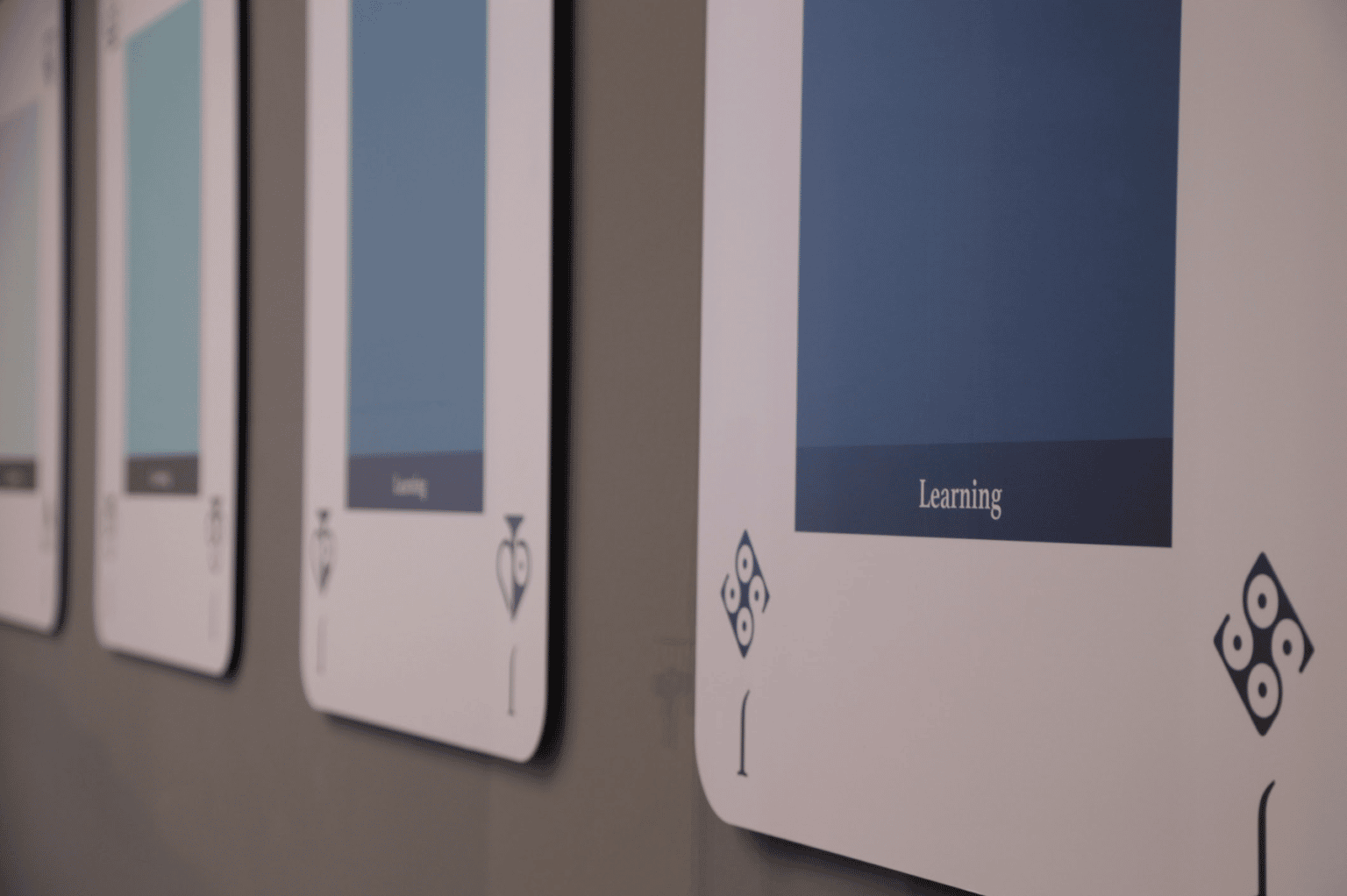How can we find
a new common way?
Organisational Culture
What constitutes the essence of a company and determines its identity and success? The answer is the organisational culture of the company. It creates a genuine and authentic collaboration among its members because it is spontaneous and based on shared goals and values. Culture enables true engagement.
If the organisation has all the skills and resources it needs, then its culture acts as a driver for the organisation. However, if the culture is not aligned and coherent with the strategy, then it can become a weight or even an obstacle for the company. The organisational culture is the very engine from which an organisation draws its vital energy to be able to realise the idea and mission for which it was initially created.
Books or consultants can not explain which culture will ultimately lead an organisation to its goals. Only leaders and people inside the organisation can identify and understand which culture best fits their organisation’s needs.
Leaders have the responsibility to nurture, develop and use the culture for the organisation’s advantage. Over the years, we have supported hundreds of leaders in gaining awareness, and we have seen them transform their organisations into ones full of prosperity, wellness and competence, where social values are created. The organisational culture is the set of individual and collective values shared among the members of an organisation, capable of influencing their behaviours and support structures.
QUESTIONS FOR DEVELOPING THE ORGANISATIONAL CULTURE
- What is important for the people in the organisation?
- What are the most common behaviours?
- What impact does the organisation want to have on society?
- What are the main needs?
- What are hierarchical relationships like?
- What values drive decisions?
- What are the most common beliefs?
WHY WORK ON THE ORGANISATIONAL CULTURE?
It creates a competitive advantage
If limiting, it can threaten the organisation’s survival
It’s a way to success
E SE SPOSTASSIMO I RIFLETTORI DAI LEADER AI TEAM MEMBER?
Carlo Boidi, Senior Business Coach, Partner
KEY POINTS DI SVILUPPO
della cultura organizzativa
Focus sul processo
di creazione della Visione
Accordo su come
si lavora insieme come Team
Responsabilità
collettiva per l’obiettivo condiviso
Riflessione sull'apprendimento individuale e come team

A company’s culture is HOW to achieve your reason of being?
Marianne Fröberg | Business Coach
Insights su cultura organizzativa
David Clutterbuck, docente specializzato in Coaching, Mentoring e Top team development
A couple of years ago, I started to gather anecdotal evidence about the effectiveness of sheep-dip training for line managers as coaches. (Typically a two or three day “Line Manager as Coach” workshop.)
Francesco Solinas, Executive Business Coach, Partner
Zygmunt Baumann, brillante sociologo polacco, parlava di società liquida, che nel mondo delle relazioni può essere ripresa con il termine “comunicazione liquida”, in cui tutto è veloce, utilitaristico, dettato dalla fretta e da un’omologazione passiva di usi e consuetudini, che priva le relazioni di un reale valore di scambio.
Dedicated COACHES
- Team Working
- Innovation
- Executive Coaching
- Career Development
- Cultural Transformation
- Systemic change
- Sustainable growth
- Service




